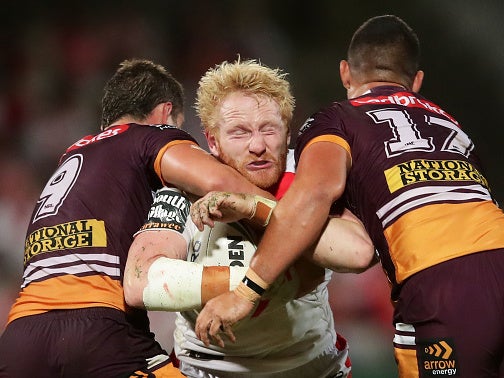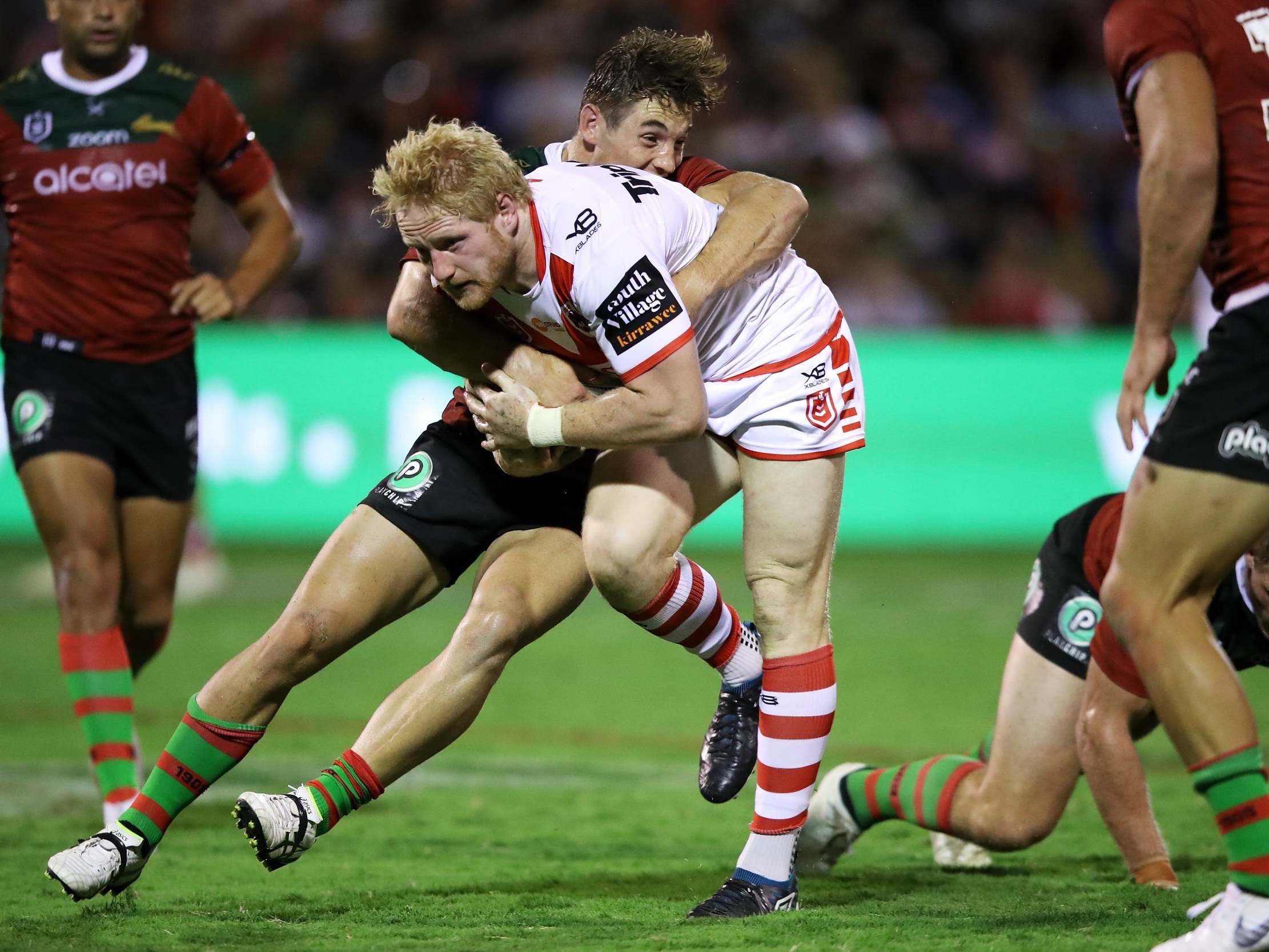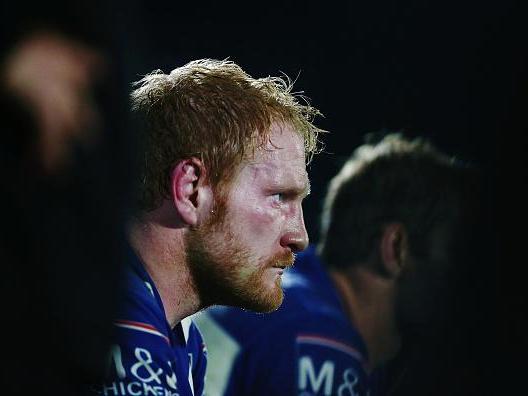England’s James Graham becomes first active player to pledge brain to science to aid concussion research
A recent Australian study revealed two players had died due to a brain injury associated with concussion

Your support helps us to tell the story
From reproductive rights to climate change to Big Tech, The Independent is on the ground when the story is developing. Whether it's investigating the financials of Elon Musk's pro-Trump PAC or producing our latest documentary, 'The A Word', which shines a light on the American women fighting for reproductive rights, we know how important it is to parse out the facts from the messaging.
At such a critical moment in US history, we need reporters on the ground. Your donation allows us to keep sending journalists to speak to both sides of the story.
The Independent is trusted by Americans across the entire political spectrum. And unlike many other quality news outlets, we choose not to lock Americans out of our reporting and analysis with paywalls. We believe quality journalism should be available to everyone, paid for by those who can afford it.
Your support makes all the difference.England international James Graham has become the first active player to pledge his brain to science upon his death in order to aid further research into concussion.
The former St Helens forward, who plays for St George Illawarra in the NRL, has joined former Australia internationals Peter Sterling and Mark Carroll in making the pledge to donate after a study revealed two former rugby league players died of a brain disease.
The study diagnosed chronic traumatic encephalopathy (CTE) in the former players – a condition linked with repeated head trauma which has also found to be prevalent in gridiron.
Graham explained his reasons for the donation to Australian rugby league subscription channel Fox League on Friday morning.
He said: “I sent my papers off on Wednesday (to donate my brain) so I guess when I die my brain and spinal cord, if I’m in Sydney, will be going to the Sydney University for them to look at, examine and hopefully some good can come of this.

“It’s great to see people like Peter Sterling donating his brain and I think the more players of all codes can sign up, it can only lead to more research being done and figuring out the answers of what is a very tricky and complex situation.
“I want to be proactive rather than sit there at 70 or 80 and wonder how I am in this situation and why can’t I remember things.
“Now that it’s out there, now that it’s confirmed they’ve found CTE in some former NRL players, it brings the talk about concussion back to the table.
“I’m really pleased to see the game is taking it seriously and I’m really interested to see the next step we take as a game.”
The 33-year-old has also agreed to undertake tests during the remainder of his rugby league career after any potential concussions.

“I’ve been on the receiving end of some concussions and head traumas, so I’m trying to arm myself with as much information as possible,” Graham added.
“I want to be proactive rather than sit there at 70 or 80 and wonder how I am in this situation and why can’t I remember things.
“I have been in touch with people at the Monash Trauma Group and I am about to undergo a couple of tests there.”
There have been calls for further investigations into the issue from other sports, with Dawn Astle, daughter of former England and West Brom striker Jeff, campaigning since he died in 2002.
It has been reported that Rod Taylor, a former wing-half with Portsmouth, Gillingham and Bournemouth, died in April 2018 having suffered from the condition, which is associated with the development of dementia.
PA
Join our commenting forum
Join thought-provoking conversations, follow other Independent readers and see their replies
Comments